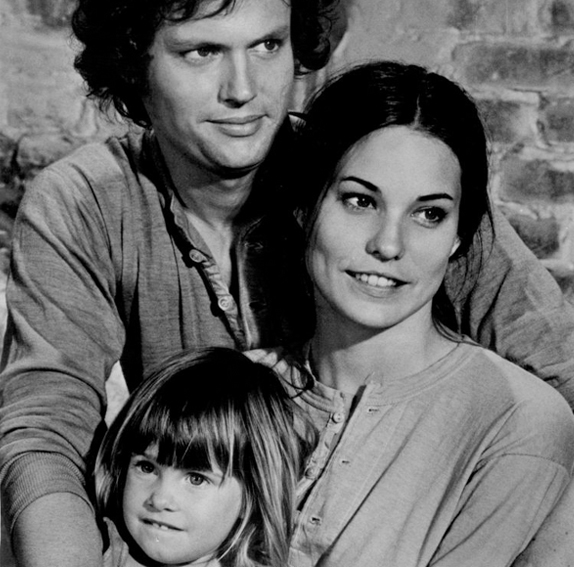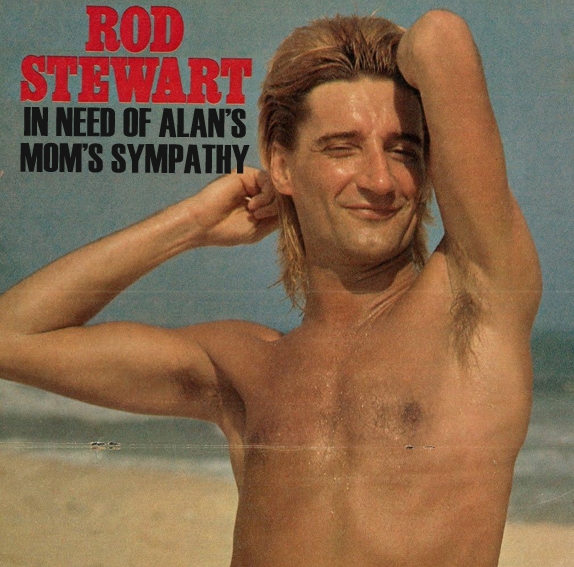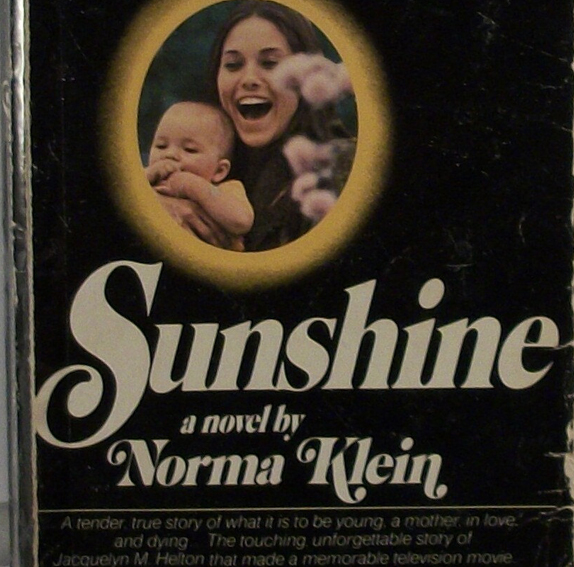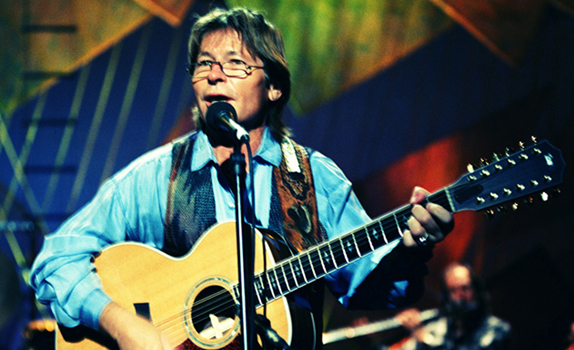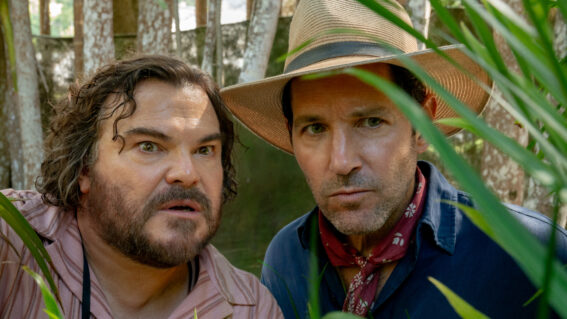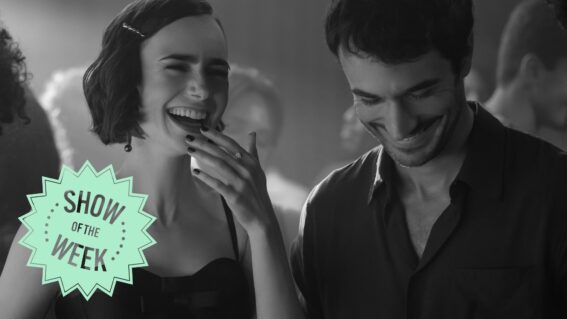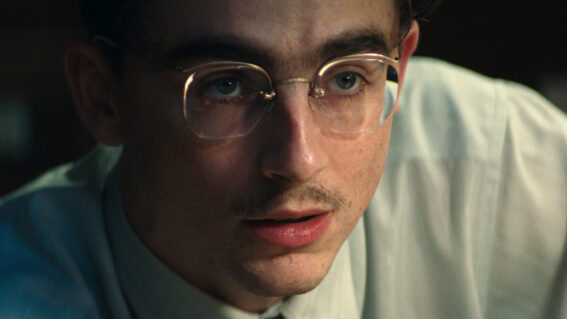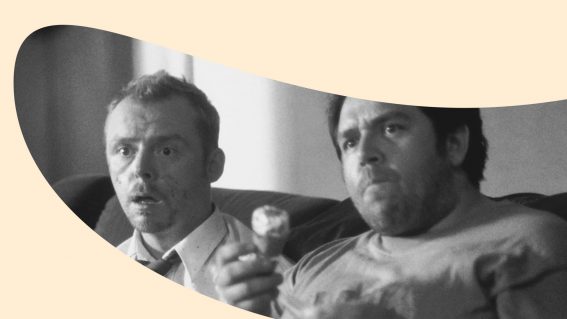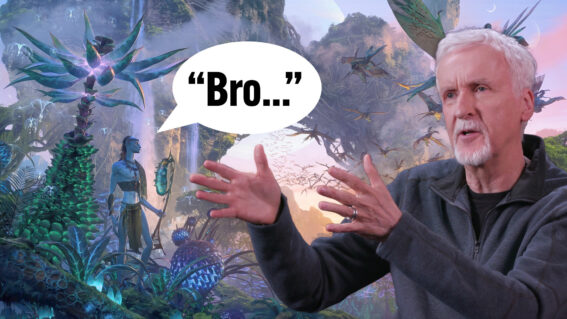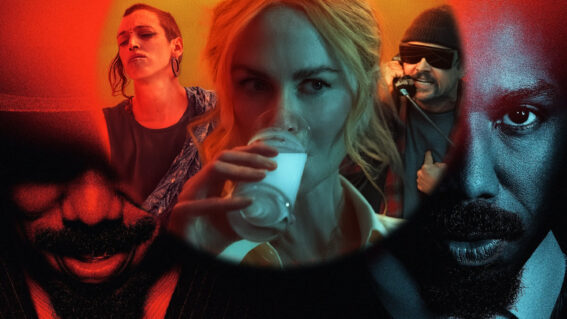A John Denver Death Party AKA the 1973 made-for-tv movie Sunshine
Before Joy Division, before Big Star’s Third and perhaps before Portishead’s 1st, the only truly total immersion sob fest available in an audio form was this John Denver-infused black-hole-of-emotion soundtrack for the 1973 made for TV movie Sunshine. The film is the true story of a free spirited 20-year-old named Kate (played by Cristina Raines) […]

Before Joy Division, before Big Star’s Third and perhaps before Portishead’s 1st, the only truly total immersion sob fest available in an audio form was this John Denver-infused black-hole-of-emotion soundtrack for the 1973 made for TV movie Sunshine.
The film is the true story of a free spirited 20-year-old named Kate (played by Cristina Raines) who discovers that she has a rare form of bone cancer in her knee. She decides that rather than amputate her leg she will undergo chemotherapy and then when that turns out to be a bummer she decides she would rather just chuck it all in. While all this is happening she constantly argues with her husband and her doctor, cries and records messages to her two-year-old daughter on a cassette tape recorder. Her husband, played by Cliff De Young, is a struggling folk singer who drives a psychedelic Volkswagen van. He is likeable and sings to her often.
I saw this film on TV sometime in the 70s. I must have been 8 or 9 at the time; can’t remember exactly. I do remember that I watched the whole thing and found it all fairly grim, not nearly as much fun as The Munsters or Diff’rent Strokes and I also recall I had a disturbed sleep that night as well – an event that was repeated decades later, like some perverted quasi-karmic Groundhog Day, after I watched the film again last night.
It’s hard to truly feel sorry for Kate as you wonder why she did not deal to that cancer right away like her doctor suggested. Amputation is not a great option but you have a daughter and husband who don’t want you to die. You have obligations. They need you. I could go on, but I also realize I am probably getting too involved in this. It’s just a movie. It’s not real. For the record, getting overly involved in fictional narratives is something that I have a genetic predisposition for. My Mom [Alan is allowed to spell it this way – Ed] gets overly involved with characters in TV shows and popular music on a regular basis. I remember her being highly annoyed at the narrator in Rod Stewart’s song Maggie May. “I’m sorry but he shouldn’t have left school in the first place. Plus, I just don’t like his attitude.”
Rod gets no sympathy from my Mom.
Let’s be clear, I’ve never been one for sad movies. I just have no real urgent need to cry. I like being made to laugh, be scared, get grossed out, freaked out, but no, not a fan of crying. In my daily life I pretty much tend to avoid crying at all costs. I slot crying into the same category of activities as eating dog food, bungee jumping and listening to the complete catalogue of The Smiths: sure, it’s something that you can do without irreversibly hurting yourself, but why do it when there are better ways to spend your time? I am aware, though, that many people are fond of crying and seek out films and music that push those particular buttons; the crying buttons. Whenever the Auckland International Film Festival would roll around a good friend of mine would eagerly flip through the film catalogue and if he spotted a film involving orphans stumbling through war torn Europe he was so there. If he got a couple good cries out of the film it was money well spent.
The novelisation for Sunshine, however, looks like a bundle of laughs. Collect the set!
If anything, Sunshine‘s soundtrack is sadder than the actual film. The film has some levity, some jokes, some tender light moments. The soundtrack album does not. It’s unrelenting. It’s like Motorhead’s No Remorse album but for country rock manic depressives. It consists of songs from the film interspersed with Kate’s heart-rending missives to her daughter. The music is early 70s minor key folk written by John Denver and either performed by him or the co-star Cliff De Young. Cliff is well suited to the material having fronted LA psychedelic band Clear Light in the late 60s. There are multiple versions of Sunshine On My Shoulders, a couple versions of the single My Sweet Lady sung by Cliff, a few more John Denver songs including Take Me Home Country Roads, a song which all of Kate’s friends sing at her wake as Cliff disperses her ashes into the mountain winds. The album makes the oeuvre of Elliot Smith seem almost jaunty by comparison.
The album starts with a male voice intoning “In 1971 a young woman died at the age of 20. She left behind a husband, a two-year-old daughter and a journal of tape recordings – a journal that told what it was to be young, and a mother, and in love, and dying.” and then BANG straight into Christina Raines’ first monologue about how dying is beautiful. It’s dark, really really dark. Once on my student radio show I played a full hour of sad songs and used the diary recordings as interludes. I left the station at the end of my show feeling utterly despondent.
The film was very popular at the time, the soundtrack sold well and the network followed on with a TV series (a comedy oddly enough) and a Christmas special. The album is readily available in most second hand stores’ soundtrack bins but like the film has not been issued digitally.
Below is a clip I found on YouTube. Created by a fan of the film it contains edited highlights of Kate’s monologues juxtaposed with completely unrelated but nonetheless emotive images. I hope you have a hanky on hand.






